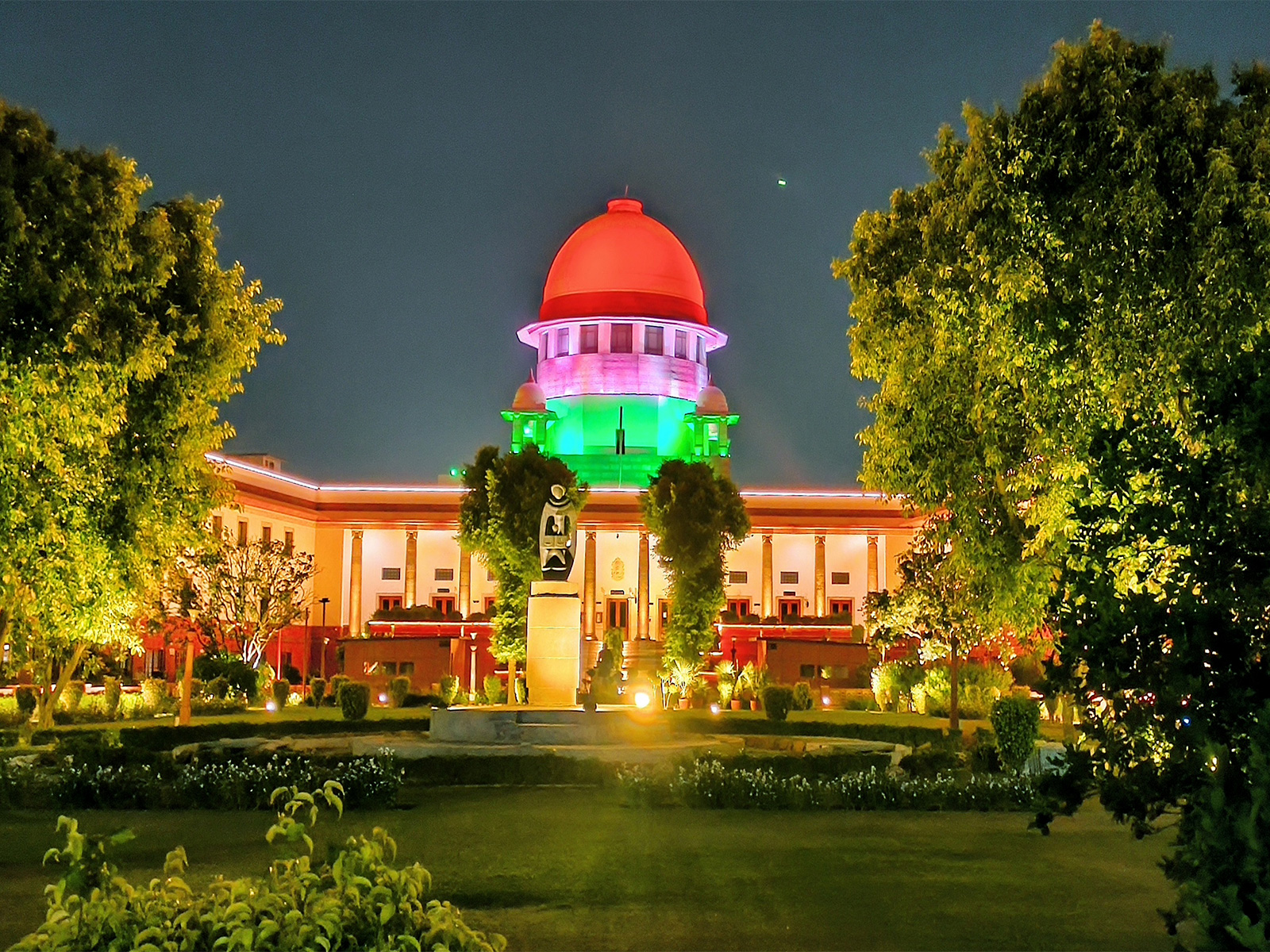Supreme Court Presses Delhi Police on Unanswered Bail Pleas in 2020 Riots Case
The Supreme Court criticized Delhi Police for not responding to bail pleas of key figures charged under UAPA for alleged conspiracy in the 2020 Delhi riots. Despite police's request for more time, the court insisted on a prompt review, considering over five years of detention for the defendants.

- Country:
- India
In a pivotal session on Monday, the Supreme Court rebuked the Delhi Police for its failure to file responses to the bail pleas of several individuals implicated in the 2020 Delhi riots case. The accused, including Sharjeel Imam and Umar Khalid, seek relief from the stringent charges under the Unlawful Activities (Prevention) Act (UAPA).
A bench comprising Justices Aravind Kumar and NV Anjaria expressly refused the Delhi Police's request for an extension, emphasizing that the agency had ample time to file counter-affidavits. The court reiterated its schedule to address the matter by October 27 despite the Additional Solicitor General's appeal for more time.
The debate was intensified by Senior Advocate Kapil Sibal, who pointed out that the defendants, including Umar Khalid, have languished in detention for over five years. The Supreme Court hinted at potentially considering bail on the basis of prolonged judicial delays.
Previously, the Delhi High Court had denied bail on September 2, substantiating police claims of a pre-planned conspiracy behind the riots that erupted during the anti-CAA protests. The High Court underscored the alleged provocative speeches by the accused, which, it contended, aimed at inciting widespread communal unrest.
The 2020 Delhi riots, a tragic chapter underscored by 53 fatalities and substantial injuries, remain under intense legal scrutiny. The protracted legal proceedings continue to draw significant attention as the Supreme Court pushes for expeditious resolution.
ALSO READ
-
Supreme Court Allows Govt to Reassess Vodafone Idea's AGR Dues
-
Supreme Court Greenlights Reassessment of Vodafone Idea's AGR Dues
-
Supreme Court to Hear ED's Appeal Against High Court Order on Anil Pawar's Arrest
-
Supreme Court Grants Bail to Three Accused in Uttar Pradesh Mosque Violence
-
Supreme Court Seeks Response on Retirement Age Debate in Madhya Pradesh









